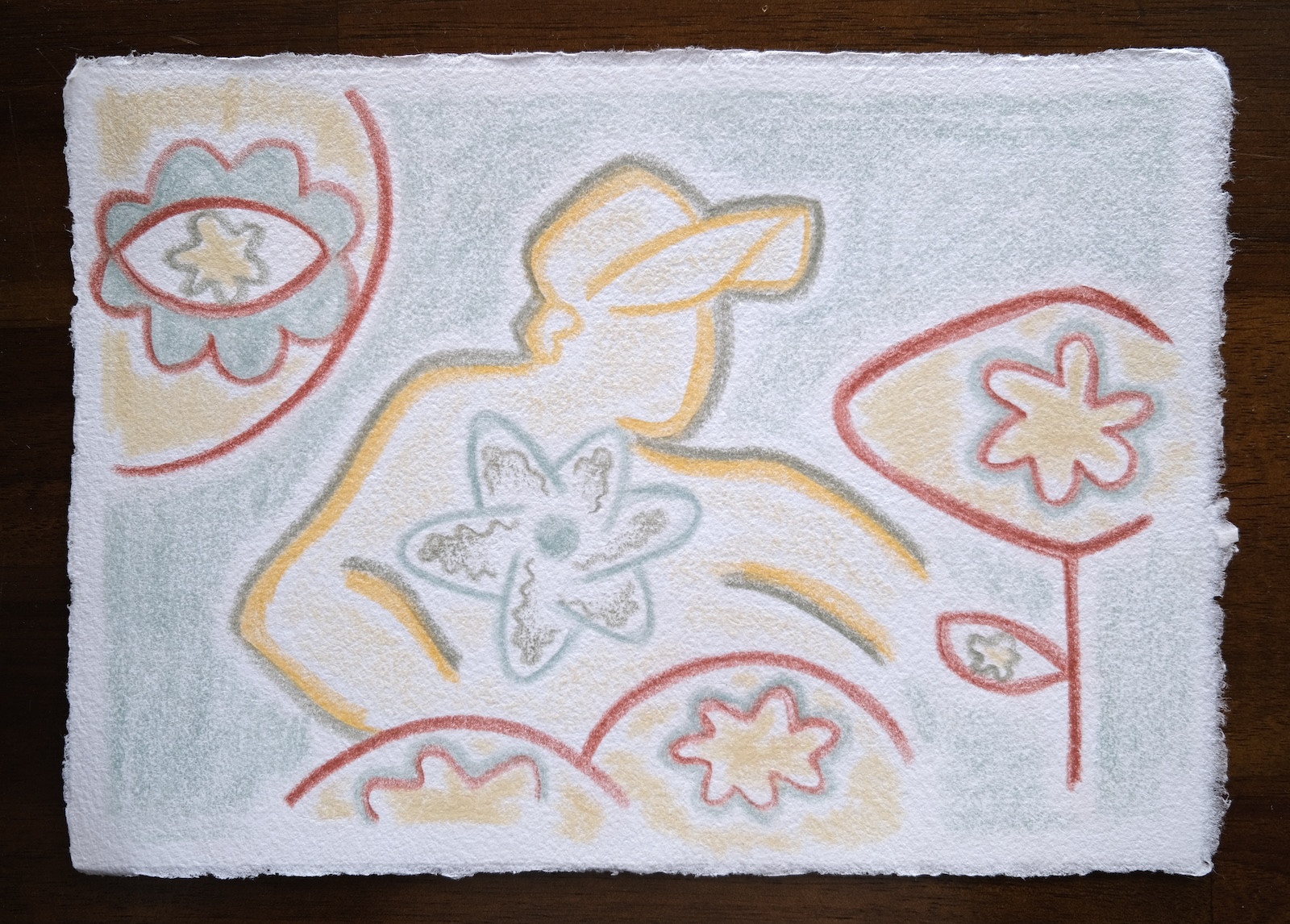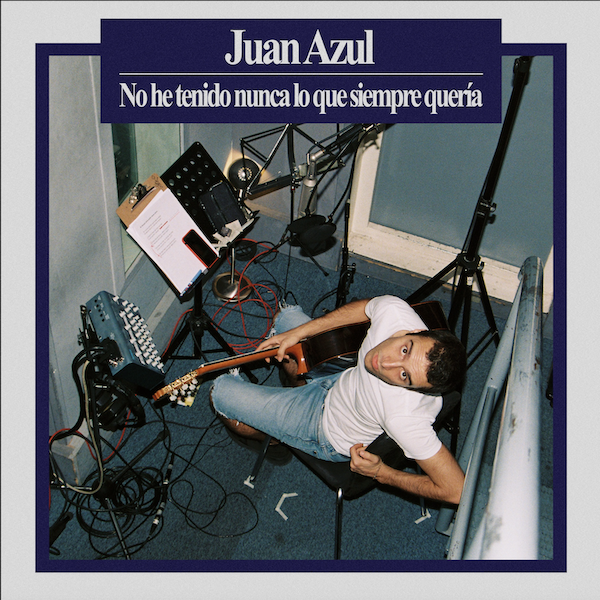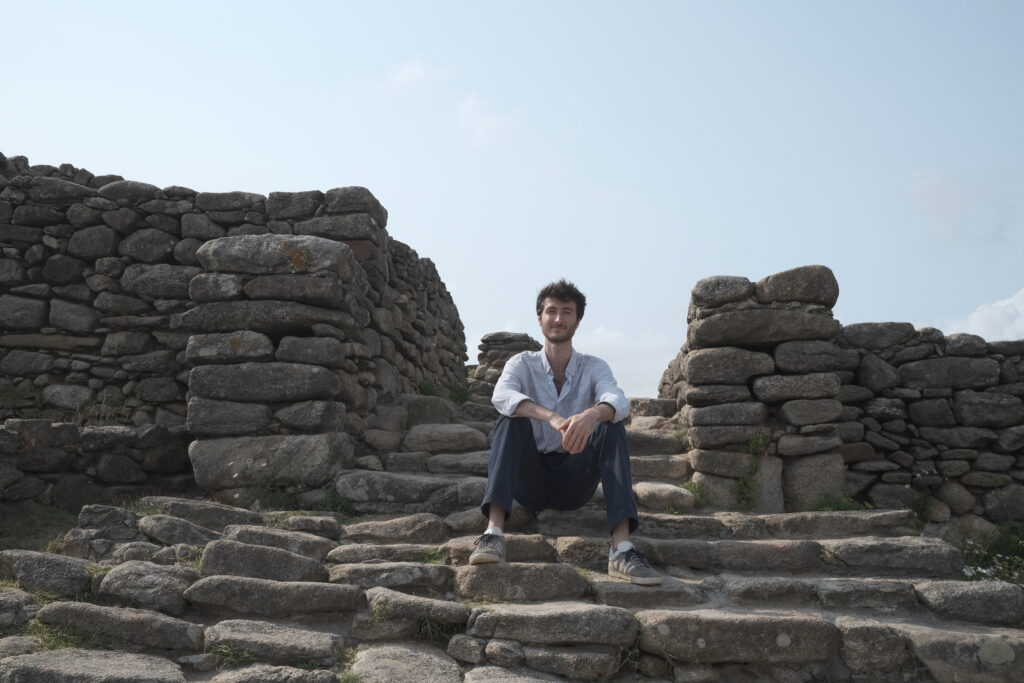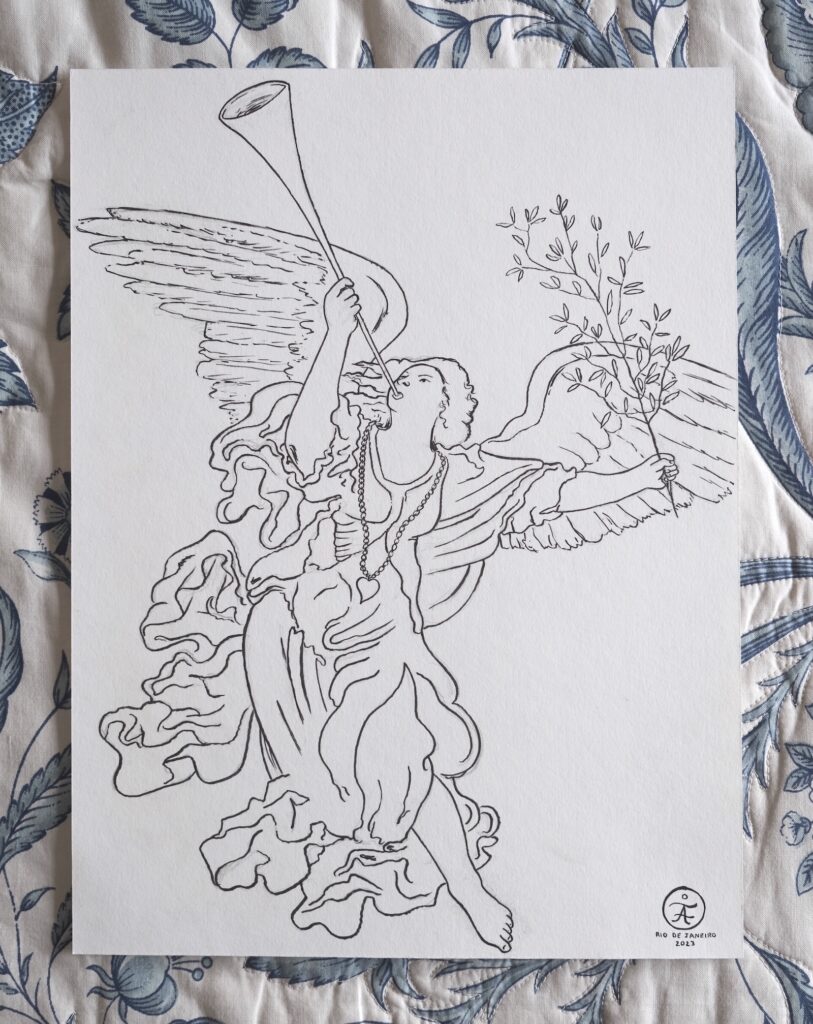Let’s open a can of worms: death.
Death is a mystery, there is no doubt about that. And what do we humans do when faced with mystery? We use language to have something manageable with which to approach the infinite. We create symbols and stories that allow us to relate to that mystery. These stories are usually not chosen by us. Rather, we are born into a particular place and time and our culture and social circle takes care of programming our innocent minds with the beliefs they were programmed with.
But the menu is long, and there are so many beliefs available about death that, whoever wants to, can choose the ones that best suit their temperament and tastes. For the goth, death is something to worship. For the skeptical scientist: the end, and then nothingness. For the stoic, a source of motivation. For the adolescent, something that only happens to old people. For some elders, something frightening; for others, a relief. Some religious people say there is a judgment that decides whether we go to heaven or hell. Others speak of reincarnation. Others speak of reuniting with loved ones. Beliefs are varied, but in general they share these elements: that death is a certainty, that it is scary and that it is the end of life.
All this that I have just written is about stories, about beliefs, not about death itself. Some beliefs are closer to the truth, in the sense that they reflect reality more accurately. But beliefs are not the thing itself, they are just language, symbols of symbols, a finger pointing at the moon, not the moon itself.
Nietzsche said that “language serves to hide the truth,” so all those beliefs do nothing but obscure the truth. Since the spiritual path is about dismantling beliefs, I would like to visit some of those that revolve around death and that, in my mind, no longer have any validity.
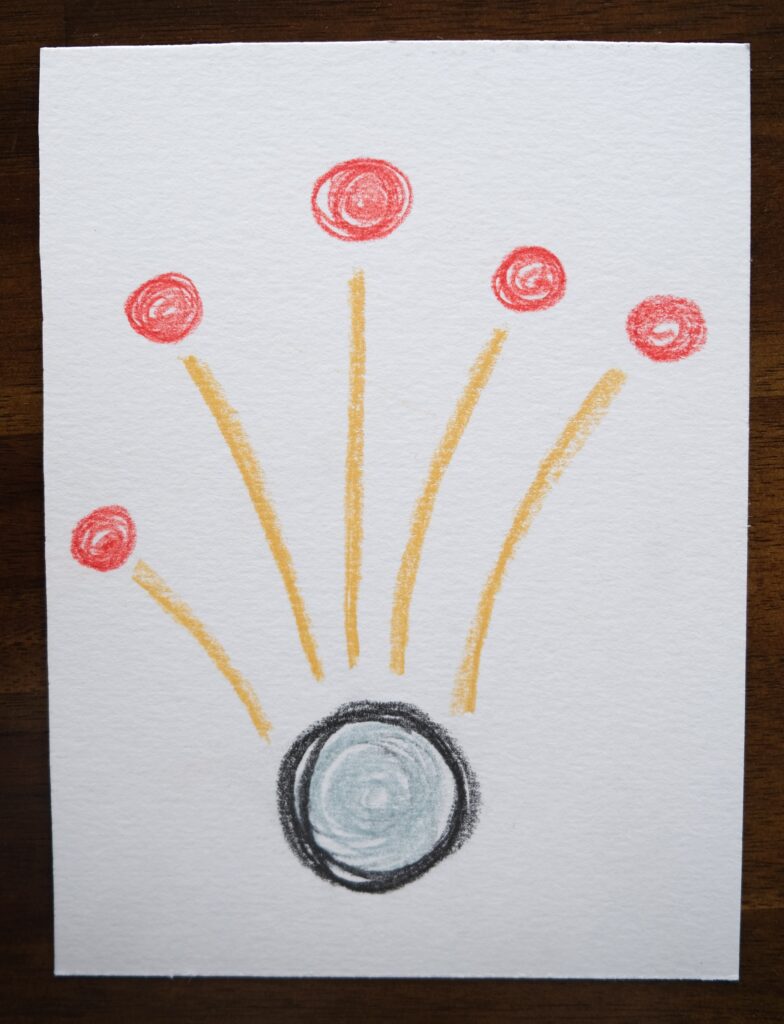
The first and fundamental thing is that understanding death as the end of life is a mistake. It is the end of the body, yes. But not of life, which is what we really are. The origin of life is not found in a biological process, but in consciousness, which is infinite and not subject to anything resembling death. Another way to put it would be that the source of life is God. Everything that is of God shares His qualities and therefore has no beginning or end.
If we are not aware of this reality, it’s because we have all kinds of limiting beliefs about life and death. Beliefs act as filters in our perception, so we are limiting our own consciousness.
That is why Jesus Christ said that whoever believed in Him would not perish but have eternal life. Christ is eternal life, which means that, if we believe in Him and abandon our limiting beliefs, sooner or later we will expand our consciousness enough to see that we are, and always were, the same eternal Life.
Krishna, like Jesus, is a divine incarnation. He lived in India about 5 millennia ago. In one of India’s sacred scriptures, the Bhagavad Gita, Krishna tells his friend Arjuna, “There was never a time when I did not exist, nor you, nor all these kings; nor in the future shall any of us cease to be.” Same idea.
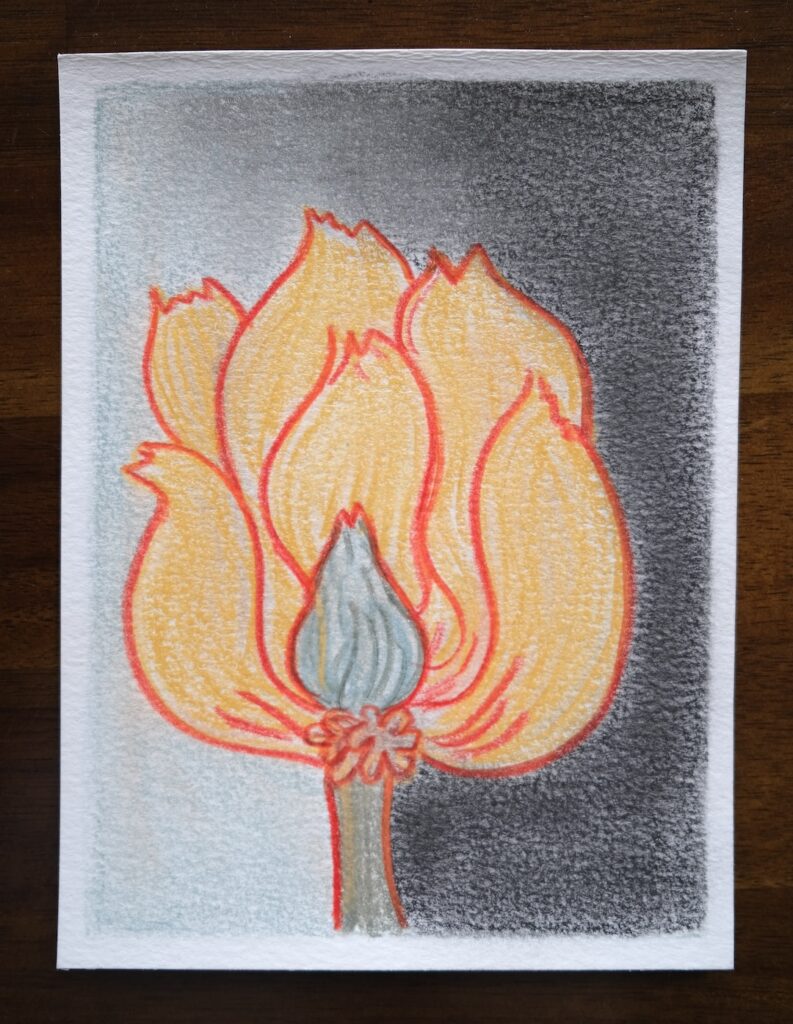
We are truly Life itself, not the body. The body is just a vehicle, a glove that the invisible hand of Life puts on to be able to play the piano. The funny thing about the human experience is that, when taking birth, we forget our true identity, and shortly after we begin to identify with a glove. That’s a problem, because we behave according to what we believe we are. If what we are is Life itself, we act like Christ. If what we are is a body: there are many separate bodies from each other, conflict will be inevitable, and in the end, all “die.” Nothing good can come from that perspective. The set of beliefs revolving around the idea that we are the body is what we call the ego.
I’ll continue with an analogy.
Our kitchen is full of appliances: the refrigerator, the microwave, the oven, the toaster… They all do very different things: some cool, others heat, some have lights, others make noise. But all are powered by the same source of energy, electricity, which animates them all equally. Electricity is one and indivisible, and of a very different nature from the appliances. Electricity and a refrigerator have very little in common.
Now, a twist. Imagine that electricity suddenly gained the ability to know what it powers. Instantly, all the kitchen appliances would awaken to their own electrical processes, that is, they would become conscious of their own activity. The refrigerator would experience cold inside and heat outside, and see how a little light comes on when its door is opened. The microwave would be aware of the time and occasionally experience an electromagnetic field inside while something spins. The toaster would wake up when a lever is lowered, experience tremendous heat and a very pleasant smell, and then, with the release of the lever, would go back to sleep, dreaming of a little red light.
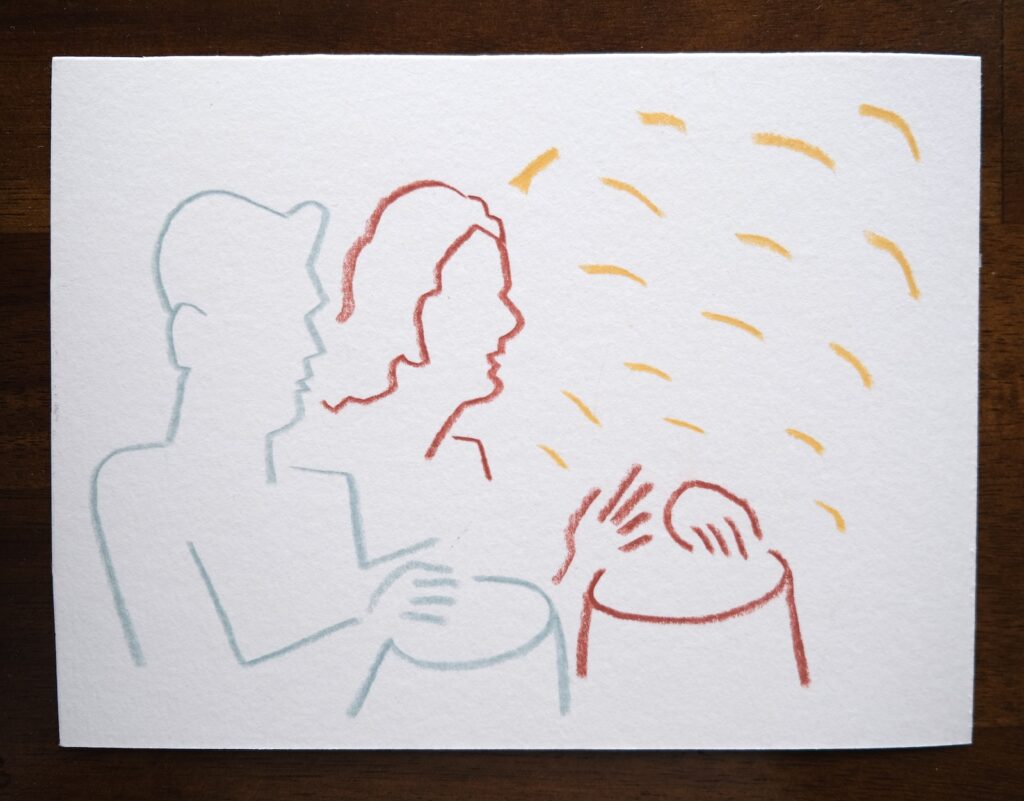
Now, the paradox that haunts us humans: it is undeniable that, in that kitchen, there is something experiencing cold, heat, little lights, and other kitchen phenomena. The question is, who or what is experiencing all of that?
The fridge could ask, “Who am I?”
If the fridge had an ego, it would say, “I am the fridge.” It would think that it is experiencing itself. This would be reinforced by hearing other egos talk about experiencing different things: heat, instead of cold, for example. Those differences would only feed its sense of separation. Being the only one that produces cold, it would start to feel pride. “Who does that oven think he is, burning the things that I cooled with so much effort?” It asks with some resentment as it looks at what it is beginning to consider its archenemy. Interestingly, that anger causes its internal temperature to rise. “Ah!” it exclaims, feeling guilt for the first time. Guilt blocks its energy, the temperature drops again. It interprets then that guilt is an appropriate response to anger. And so begins the internal chaos in the fridge’s ego. The electricity, on the other hand, would be the forgotten, since in order to discover its presence, someone would have to stop thinking about what it does and ask, “how do I do what I do?”, beginning to question its own nature. Something uncommon among appliances.
On the other hand, in this universe where electricity is conscious, let’s imagine that appliances do not have egos. In each appliance there is an experience, yes, but they would not superimpose the abstract idea of a separate individual onto that experience. In that case, it becomes easier to understand that the only one knowing all those experiences is electricity, which from the beginning is the only conscious one. The fridge does not experience the activities of the oven. But electricity does know the activity of all of them, down to the last detail. If the fridge were then asked, “Who are you?”, it might answer like the bush to Moses: “I Am that I Am.”
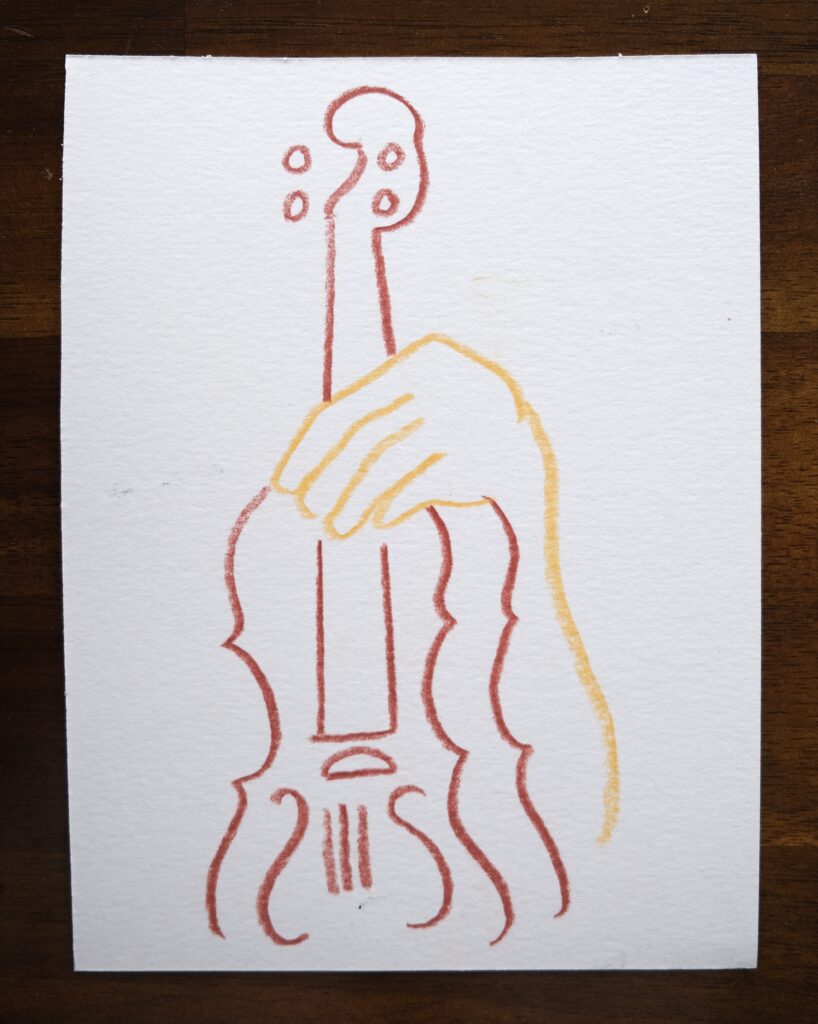
In the first scenario, the world where appliances have egos, when one stops working, it’s a whole drama. “Ah, I don’t cool like I used to!” laments the fridge. Until one day, a surge in voltage boosts everyone’s power for a second and the fridge, which had been making strange noises, suffers a short circuit in a small wire, and the whole device shuts down. All the others are fine, except for the drama of seeing the fridge “die” like that. What a tough day when they took it away. They tell stories: the day of the big party when Fridge was able to cool 80 beers before the guests arrived. And now they bring another one that supposedly cools better but only speaks Swedish and shows no interest in the others. Well, something like this happens in the world of egos, both mechanical and human.
In the world without egos, there would be the experience of a fridge and an oven, but the only one experiencing anything would be electricity! They would experience their own activity as an expression of something greater than themselves. There’s no possible conflict because there’s no one there who could confront another. Everything works in harmony, guided by a single intelligence. The day the voltage spike occurs, the fridge breaks down and disconnects from the grid. The electricity that powers all the kitchens in the world experiences one less fridge. Shortly after, a new fridge is plugged in and voilà, this one is even better! Electricity is what it is, it doesn’t change or feel the need to. What could electricity long for? This total absence of desire or longing is the experience of peace. All appliances partake in this peace and fulfill their function at all times as best as they can given their conditions. Death isn’t even a concept, and if electricity heard about it, it wouldn’t understand a thing because there’s nothing in its experience that resembles that supposed endpoint. It’s the kitchen of Eden.
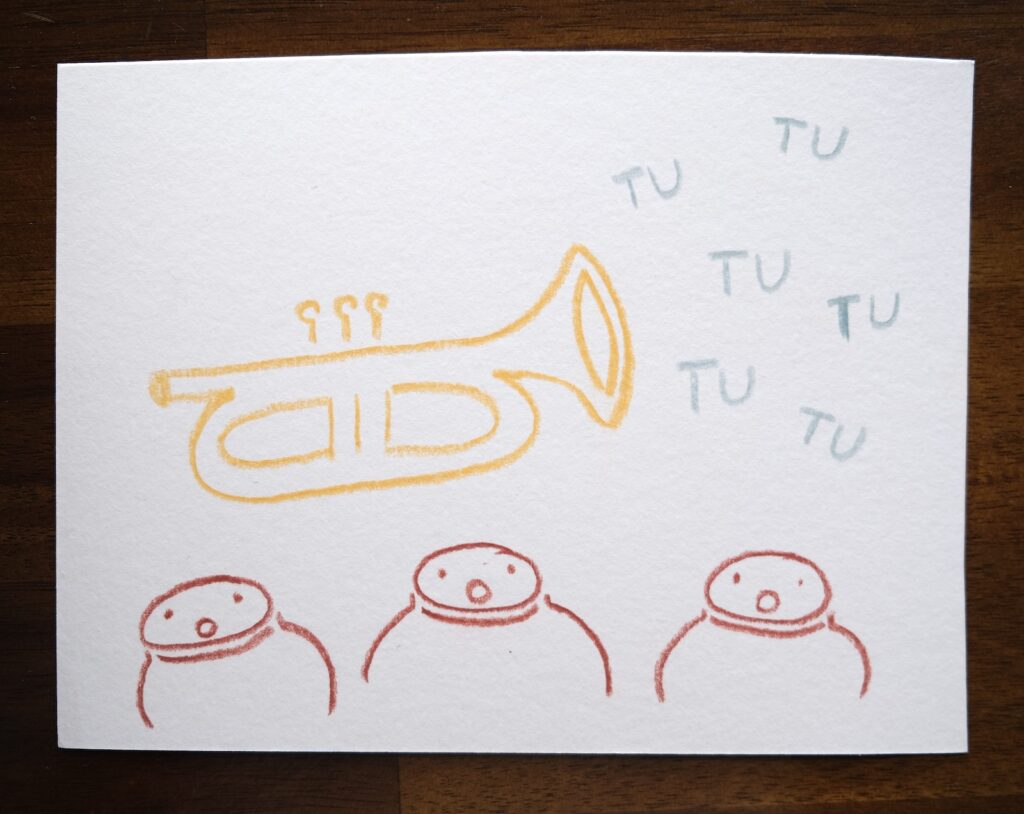
Returning to human beings, we all stand between one extreme and another. “Long live death!” some shout; “Viva la vida!” sing others. The closer our beliefs come to the “Long live death!” group, the more oppressed the life we are will be. The qualities inherent to Life (freedom, joy, love, completeness, intelligence, creativity…) will be strongly repressed. This occurs at an individual level (goths usually don’t smile in photos, or generally) and also at a societal level (as is the case in totalitarian regimes).
On the other hand, the closer our beliefs come to “Viva la vida!”, the more those qualities we inherited from divinity will shine. That’s why one of the simplest and most powerful practices I know is to be kind to all forms of life, including oneself. The key for this to work as a spiritual practice is that there can be no exceptions. If this is adopted as a sacred value, our way of experiencing life begins to transform. Life begins to shine more and more: there is more energy to do things, more internal freedom, intelligence, and creativity begin to flourish limitlessly, and above all, it is discovered that peace and happiness are within and accessible at every moment. If one continues to advance, seeking to experience the beauty of each form of life, greeting with reverence that Life that one senses is one’s own, in the end, the promise is that divinity reveals itself as the source of life and death disappears completely. It simply is no longer a possibility.
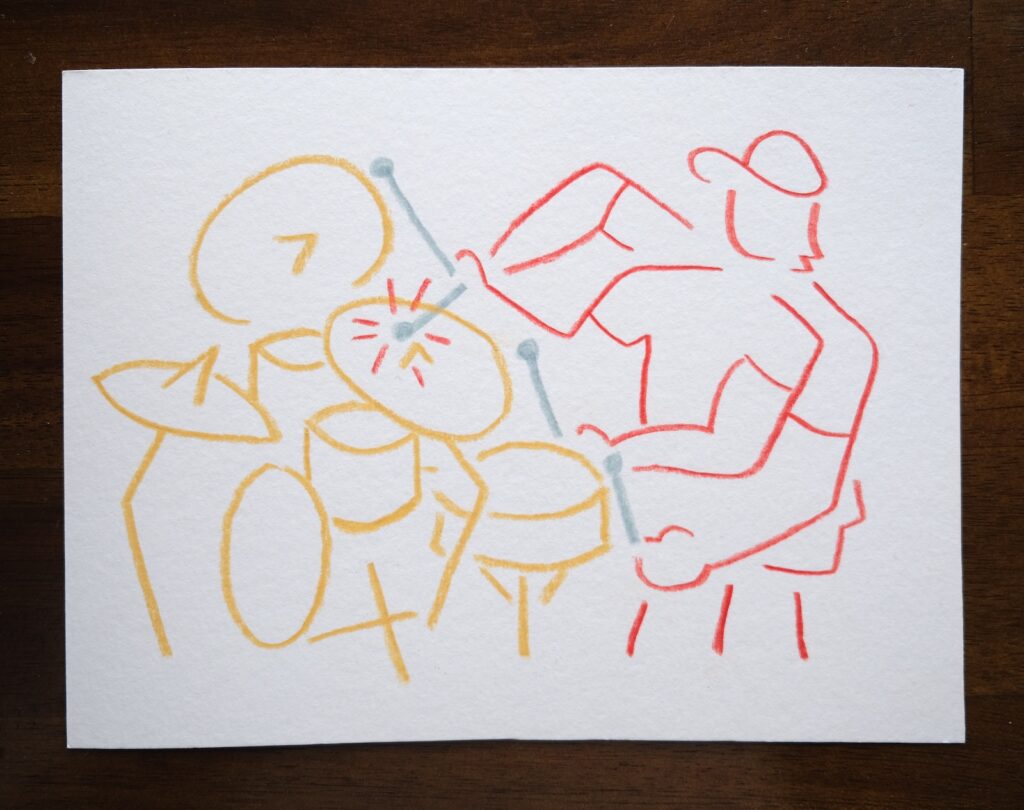
Well, I think I’ll leave it here for today. I could write a book about this. I might already be doing it, who knows! There are more things I would like to share about this topic, so I hope to write a second part. Until then, be kind and viva la Vida!
I made these drawings this week in a class where each week we all bring our instruments and improvise. Since I couldn’t sing, I brought my pencils.
To finish, here’s a wonderful song which was just published in the last album by my good friend Juan Azul. Here’s a rough translation of the ending of the song, which is in Spanish:
Por último, aquí va una canción magnífica del último álbum de mi querido Juan Azul, que acaba de publicar. Acaba así:
He stands at the gates of oblivion
Standing
Looking at death in the eye
He’s going to smile
Thinking about how lucky he’s been
To be happy
You can listen to it by clicking on the cover:
With all my love,
A.
